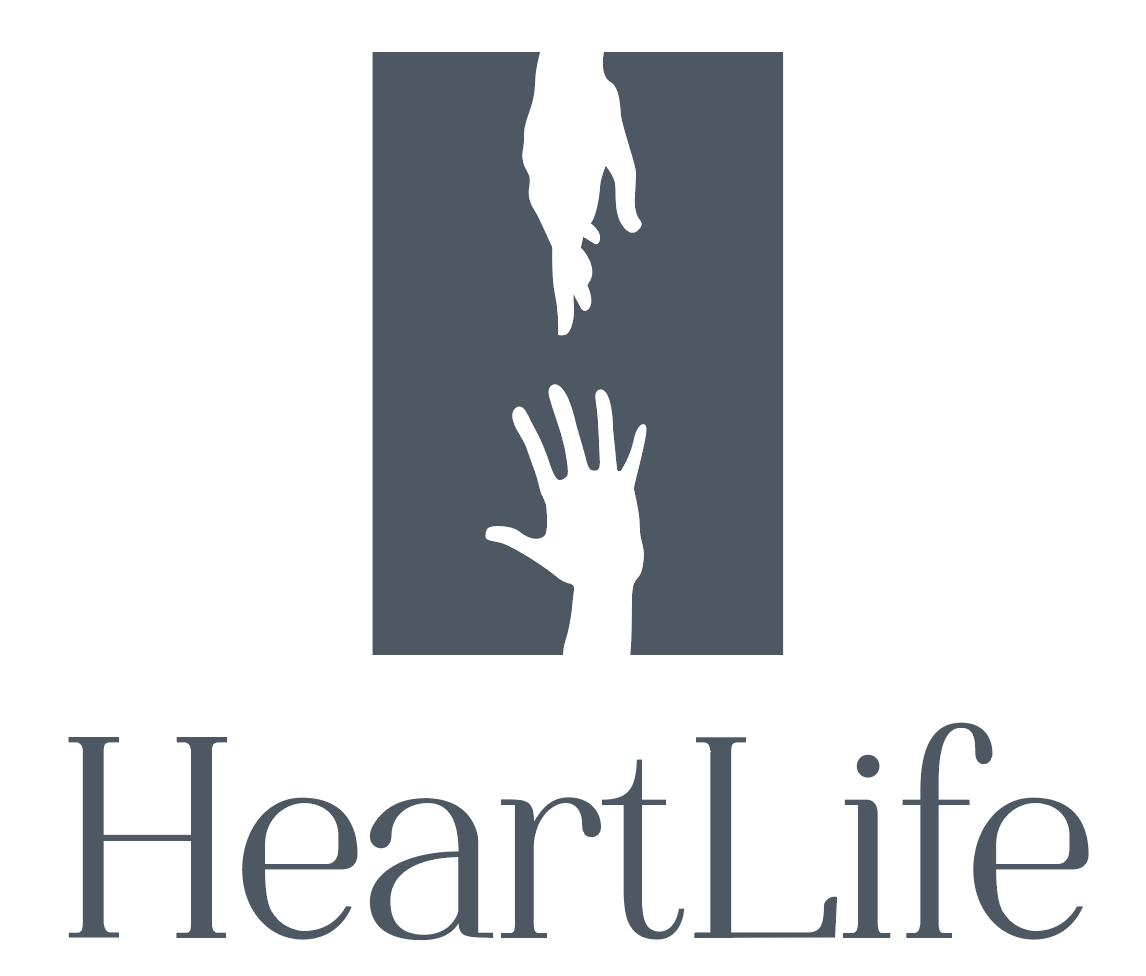What is ADHD?
Peace. Isn’t it what we all strive to attain?
As stated in 2 Thessalonians 3:16, “Now may the Lord of peace himself give you peace at all times and in every way. The Lord be with all of you.” Ultimate healing and peace come from the Lord himself, but it seems for today’s children with big feelings, constant stimulation and the latest and greatest technology, peace seems like the last thing a child attains. Without peace, today’s children are presenting with different behavioral difficulties, shorter attention spans, and more intense emotional reactions than previously observed. In many cases, children are just being who they should be and adjusting to the world the best they can, but unfortunately, that isn’t the case for all children.
There is a vast difference between having behavioral or emotional reactions and a short attention span and having Attention-deficit/hyperactivity disorder (ADHD). ADHD is one of the most common mental disorders affecting children, but I would argue that many adults struggle with a lot of the same difficulties we are seeing in children.
ADHD is commonly associated with difficulties in school or work, high energy levels and the inability to remain focused on a task. People with ADHD have differences in the prefrontal cortex of the brain, which affects executive functioning skills, which are necessary for everyday tasks both inside and outside of school or work. Some of these skills include time management, planning, impulse control, and social behaviors. There are three main classifications of ADHD, which are determined based on attentiveness and activity level. Most commonly, children fall into the “combined type” of ADHD which means they struggle with impulsivity, attention, AND hyperactivity.
CHADD, which is one of the leading organizations for Children and Adults with Attention-Deficit/Hyperactivity Disorder, sites the common symptoms of ADHD:
ADHD predominantly inattentive presentation:
Fails to give close attention to details or makes careless mistakes
Has difficulty sustaining attention
Does not appear to listen
Struggles to follow through with instructions
Has difficulty with organization
Avoids or dislikes tasks requiring sustained mental effort
Loses things
Is easily distracted
Is forgetful in daily activities.
ADHD predominantly hyperactive-impulsive presentation:
Fidgets with hands or feet or squirms in chair
Has difficulty remaining seated
Runs about or climbs excessively in children; extreme restlessness in adults
Difficulty engaging in activities quietly
Acts as if driven by a motor; adults will often feel inside as if they are driven by a motor
Talks excessively
Blurts out answers before questions have been completed
Difficulty waiting or taking turns
Interrupts or intrudes upon others.
Some less common symptoms of ADHD:
mild delays in language, motor skills or social development
low frustration tolerance
being “messy” or over-organizing
difficulty beginning tasks or following through on commitments
difficulty controlling their emotions
often experiencing mood swings
intense reactions to perceived rejections
procrastination.
I feel God’s presence every time one of these kiddos shows me that they’ve developed a new skill to help them combat some of the difficulties of ADHD. In my work with these children and their families, I have learned that many children internalize ADHD as “something wrong with them,” when in actuality, their brains just function slightly differently than a neurotypical brain.
While ADHD does present its own challenges, these children also have the most caring hearts, vigor for life and endless creativity. These children have energy that is incomparable and most have the internal resilience to master these skills with the right guidance. I often tell parents — ADHD can be your child’s superpower, just as long as they learn to use it.
Here are some helpful resources to learn more about or manage ADHD:
ADHD Screenings: Here at HeartLife, we now have the opportunity to assess for ADHD. If you have concerns your child may be one of the ones with this superpower, reach out to the front office to learn more about your options.





